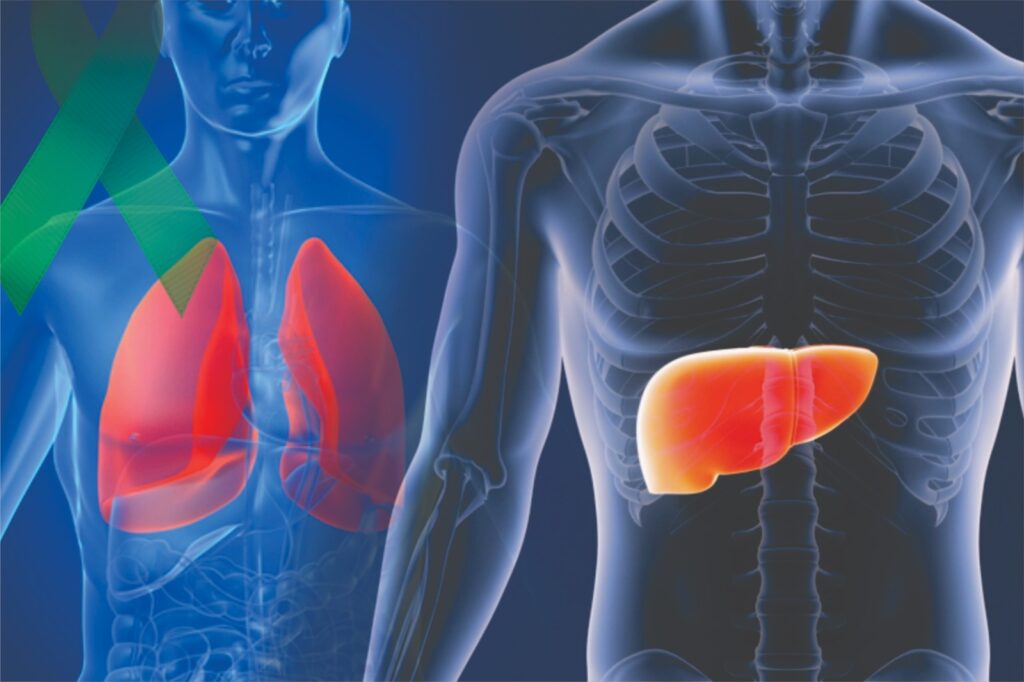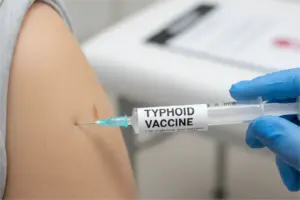
The latest health concern which is in quick progress to become a major risk factor for liver cancer is MASLD, sometimes known as metabolic fatty liver disease. As a fitting response for more diseases not yet fully developed, doctors and all medical fraternity are once more requesting quick identification and correction of lifestyle-related problems.
The Korean Liver Cancer Association recently organized an event commemorating Liver Cancer Day on February 2, and by doing this they highlighted the connection between metabolic fatty liver disease and liver cancer. Experts say that especially for those who have already been at great risk, people require improved screening and preventive strategies.
Liver cancer is a quiet but dangerous disease.
According to the gastroenterologist and planner in the management committee of SMG-SNU Boramae Medical Center, other disorders that cause fatty liver such metabolic forms are also going to cause carcinogenesis of this form of the cancer not of the cirrhotic variant, and according to him are associated with different and lower chances of survival compared with viral forms of the hepatic cancer.
Unlike classical occurrences of liver cancer, cases connected to metabolic fatty liver disease usually arise without cirrhosis and are associated with obesity, diabetes, and hypertension, among other diseases, said Professor Lee. The trouble is that they are diagnosed late, hence a terrible outcome results.
These unique qualities have led experts to underline the need of a new therapeutic strategy for such patients with liver cancer. Early diagnosis as well as high treatment success rates will be much improved by ongoing observation of those patients without cirrhosis and screening of those with metabolic disorders.
Importance of Changing Lifestyle
Professor Lee claims that modifications in lifestyle clearly reduce the chances of liver cancer development. Among the lifestyle adjustments are stopping smoking, cutting alcohol intake, keeping optimal weight, and frequent exercise. Apart from these lifestyle modifications, medications used under medical advice – metformin, statins, and aspirin – also reduced liver cancer incidence among at-risk groups prone to the stated disease.
Catching liver cancer early in people with metabolic fatty liver disease depends on active surveillance, he said. “We need to consider offering routine tests like ultrasounds and alpha-fetoprotein screenings even to patients who not have cirrhosis but have other risk factors, such diabetes, advanced age, or being male.”.
If the patient is fat, a method that can identify liver cancer in early stages is CT or MRI scanning; it is practically difficult to do a proper scan for ultrasonic imaging.
Public Health Issue Emerging Right Now
Though its prevalence has been declining since the mid-2010s, liver cancer still ranks second most often occurring cause of cancer-related mortality in Korea, particularly among working-age individuals. It ranks fourth in terms of socioeconomic burden as well, hence ongoing national preventive campaigns are much needed.
Bad eating habits, inactive lives, and heavy alcohol and tobacco use are driving lifestyle disorders such metabolic syndrome and metabolic fatty liver disease on an increasing trend According to scientific studies, persons with metabolic syndrome are 81% more likely to have liver cancer than the general population; those affected by metabolic fatty liver are more than 10 times more likely.
Preventing lifestyle-related disorders will help to regulate liver cancer. Moreover, regulating these diseases has a better outcome in the diagnosis of cases; so, increasing disorders of metabolic might make the control of such factors a major consideration in the reduction of this disease incidence as well as in general improvement of public health.
Medical practitioners hope to sensitize people to lifestyle modifications that can enhance patients’ results worldwide, therefore lowering the growing risk of metabolic fatty liver disease-related liver cancer.








